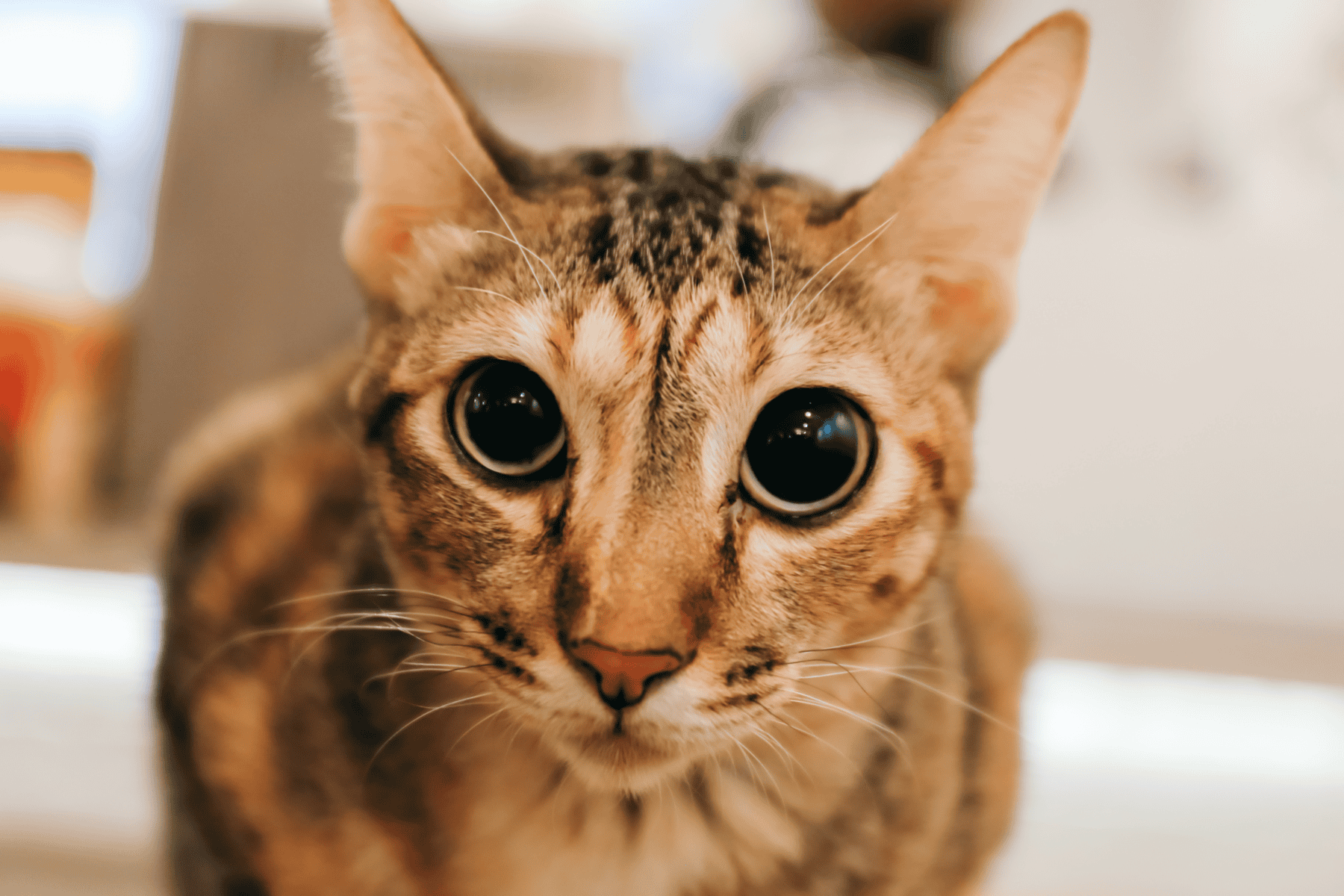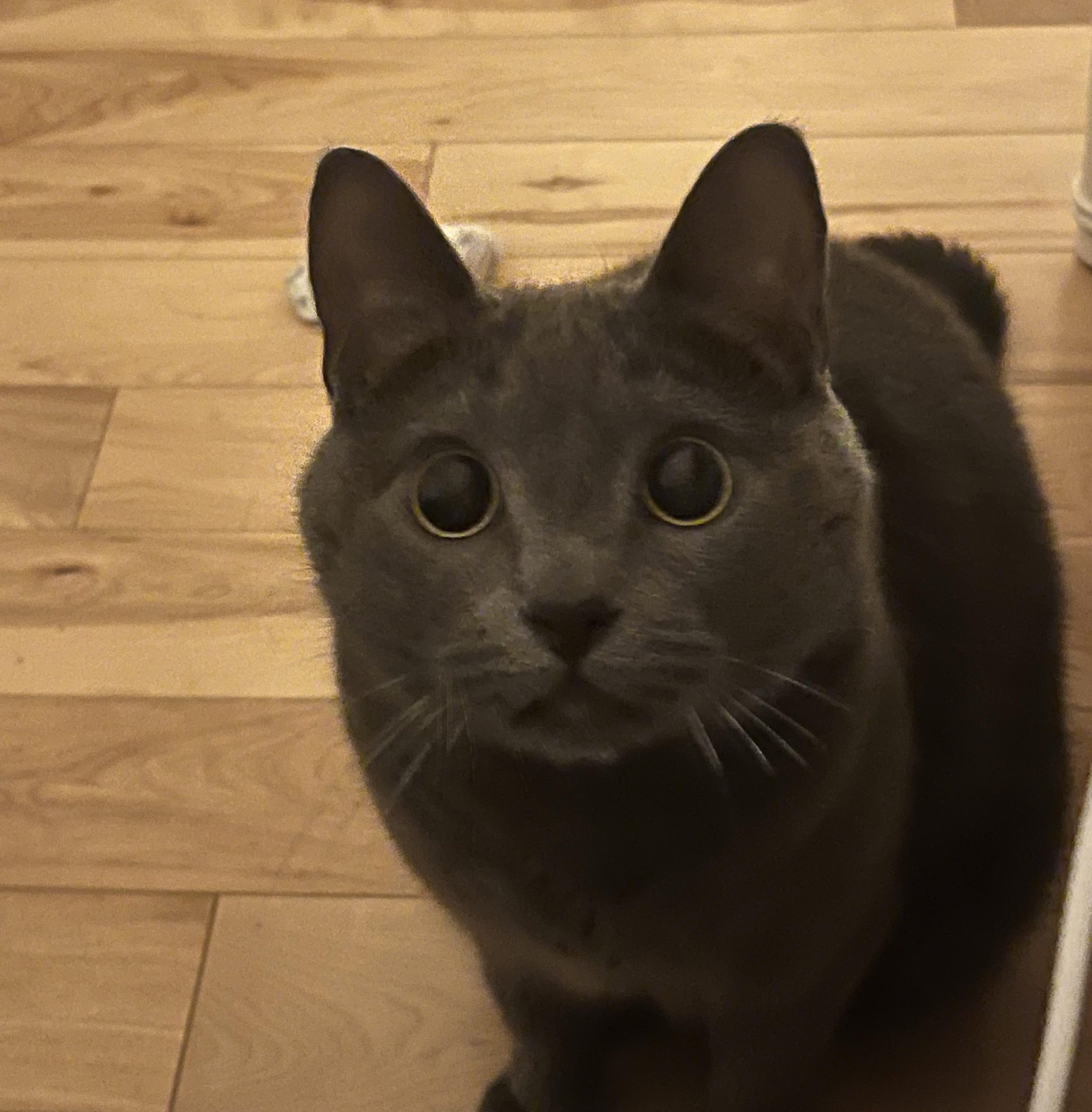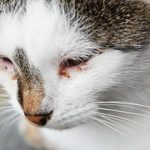Have you ever caught your feline friend gazing intensely at something, their eyes seeming to bore into whatever has captured their attention? It’s a mesmerizing sight, isn’t it?
Cat Eyes Dilating: The Feline Mystique
Cats are creatures of mystery, and one aspect that often leaves us humans fascinated is the way they use their eyes to communicate. Whether it’s a warning sign or an invitation to play, your cat’s eye behavior can speak volumes about what they’re thinking and feeling.
What Does It Mean When Cat Eyes Dilate?
Cat eyes dilating refers to when the pupils of your cat’s eyes become larger than normal. This physical response is a sign that your cat is experiencing some kind of excitement, interest, or even stress. In this blog post, we’ll delve into what causes cat eyes to dilate and what it can tell us about our feline friends’ emotions and behaviors.
So, let’s start by exploring the first key factor that contributes to cat eyes dilating: their natural hunting instincts.

As we discussed earlier, cat eyes dilating is a fascinating phenomenon that can reveal a lot about your feline friend’s emotions and behaviors. In this section, we’ll explore the role of natural hunting instincts in causing cat eyes to dilate.
The Hunting Instinct: A Key Factor
Cats are natural predators, and their eyes play a crucial role in their hunting prowess. When a cat sees prey or detects movement that mimics prey, its pupils dilate as a response to the excitement and anticipation of the hunt. This physical reaction is an automatic response that helps the cat focus its attention on the target.
This hunting instinct is deeply ingrained in cats, and it’s not just limited to chasing small rodents or birds. Even if your cat is indoors, it can still exhibit this behavior when observing a toy mouse or a laser pointer moving across the room.
Other Factors Contributing to Cat Eyes Dilating
In addition to their natural hunting instincts, there are other factors that can cause cat eyes to dilate. These include:
Sensory stimulation: Cats have an incredible sense of smell and hearing. When they detect a new scent or sound, their pupils may dilate as they focus on the stimulus.
Playfulness: Cats love to play, and when they’re engaged in play, their eyes tend to dilate as they become more excited and focused on the activity.
Social interaction: When cats interact with each other or with humans, their eyes may dilate as a sign of affection or interest. For example, when your cat rubs against you, its eyes may dilate as it basks in your attention.
The Emotional Connection
Cat eyes dilating is not just an interesting physical response; it’s also closely tied to the emotional state of your feline friend. When a cat’s eyes dilate, it can be a sign that it’s feeling excited, curious, or even stressed. By paying attention to these subtle cues, you can better understand what your cat is trying to communicate.
For example, if you notice your cat’s eyes dilating when it sees a toy mouse, it may be a sign that it’s ready to play and wants to engage in some feline fun. On the other hand, if its eyes dilate when it senses your presence, it may be a sign of affection or a desire for attention.
As you continue to observe your cat’s eye behavior, you’ll start to notice patterns and connections between its emotional state and physical responses. This understanding can strengthen your bond with your feline friend and help you better meet its needs.
Conclusion
In this section, we’ve explored the various factors that contribute to cat eyes dilating, from natural hunting instincts to sensory stimulation, playfulness, and social interaction. By recognizing these cues, you can gain a deeper understanding of your cat’s emotions and behaviors. In our next section, we’ll delve into the role of context in cat behavior, examining how environmental factors influence their actions.
Get Expert Dog Care Advice
Our team of experts is ready to help you with any dog-related questions or concerns.
Get Expert AdviceIn this blog post, we’ve explored the fascinating phenomenon of cat eyes dilating, delving into what causes it and what it can reveal about our feline friends’ emotions and behaviors.
Summary
We’ve covered how cat eyes dilating is a sign that your cat is experiencing excitement, interest, or stress. We’ve also touched on the role of their natural hunting instincts in triggering this physical response. Additionally, we discussed how cat eyes dilating can be a warning sign or an invitation to play.
Final Insights
In conclusion, understanding your cat’s eye behavior is crucial for building a stronger bond with them and recognizing when they’re trying to communicate something important. By paying attention to the subtle cues in their eye movements, you can gain valuable insights into their thoughts and feelings.
Closing Thoughts
So the next time you catch your cat gazing intensely at something, remember that those dilated pupils are a window into their mind and emotions. By acknowledging this feline mystique, you’ll be better equipped to respond to their needs and strengthen your relationship with them.



